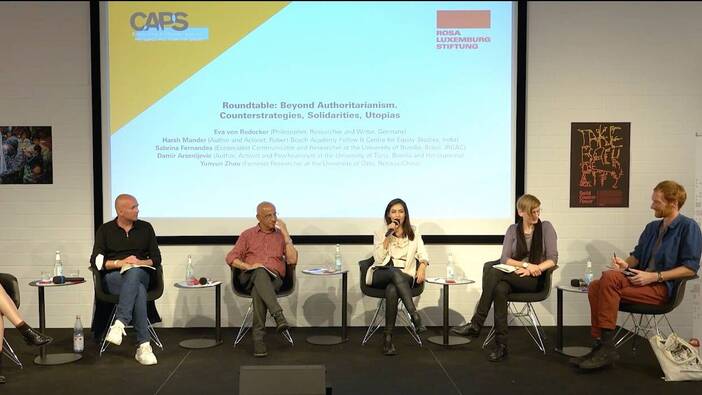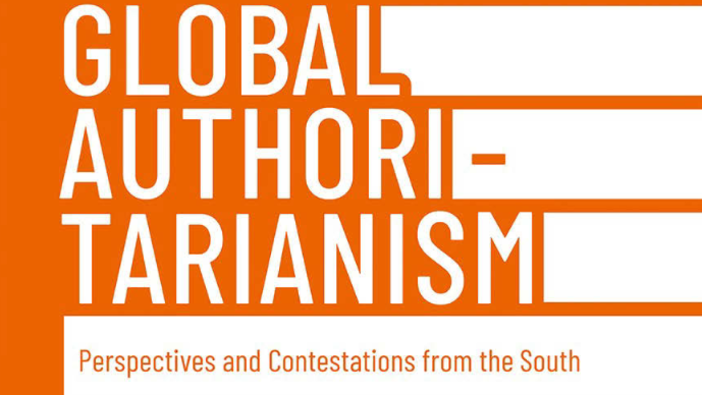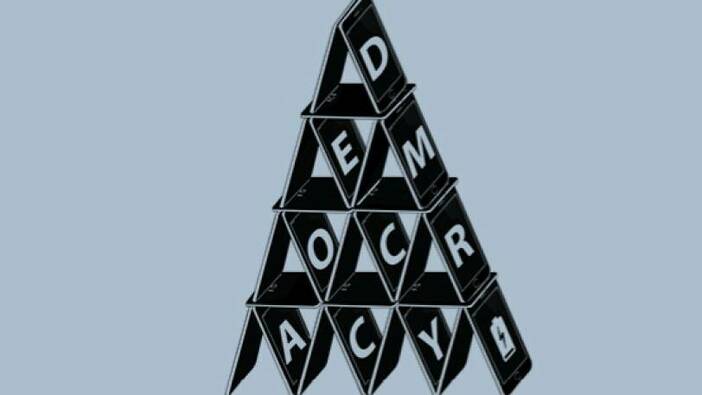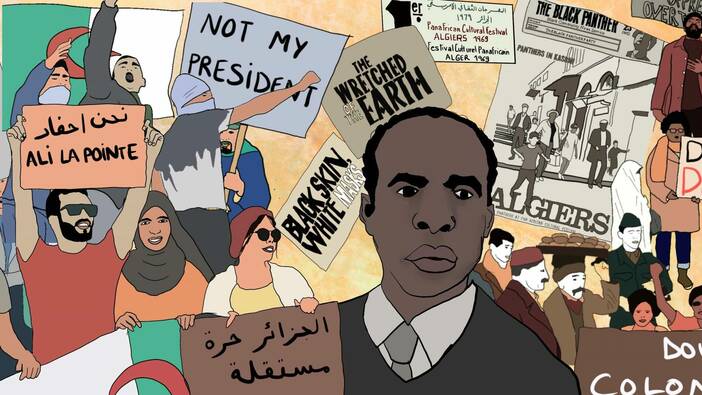Social Theory
In times of great crisis and change, it is important to maintain perspective. Society is changing and being changed at countless points. Specific knowledge and empirical studies on individual changes are needed. Knowledge about their interconnections is also indispensable. Only on this basis can developments be assessed.
These changes are not linear, but always contested by various social forces. So what different scenarios can be expected? And what options for strategic intervention then arise or can be developed? Who are the bearers of the developments we are observing? How are inequalities reproduced and new ones produced? What leads to the formation of new social groups, subjects, classes, and milieus? Which practices of emancipatory forces have proven to be sustainable, which less so? What can be learned from defeats? How can different social practices and forces be connected?
One of the biggest problems is how to overcome the fragmentation and division of the Left across society. We investigate forms and problems of the reorganization of the Left in numerous countries and transnationally across national borders. In doing so, the Rosa Luxemburg Foundation stands in the tradition of plural Marxism, critical theory and practice, as well as feminist and anti-racist critiques of capitalism and domination, and draws on the findings of modern empirical and theoretical social sciences.
Our aim is to conduct social research oriented towards emancipation and intervention. This means a new type of transformative knowledge. We adhere to an approach of socialist transformation research. With the help of organizing advice, scholarly workshops, strategy conferences, publications, and more, the Rosa Luxemburg Foundation contributes to important discussions on the Left at home and abroad. We support left-wing scholarly projects and provides teaching and further education on left-wing theory, politics, and socialist perspectives. We proceed from concrete problems and concrete people: leftists often like to start with “objective” facts and developments. However, there are good reasons to think about politics from the perspectives and strategies of the subjects themselves.















